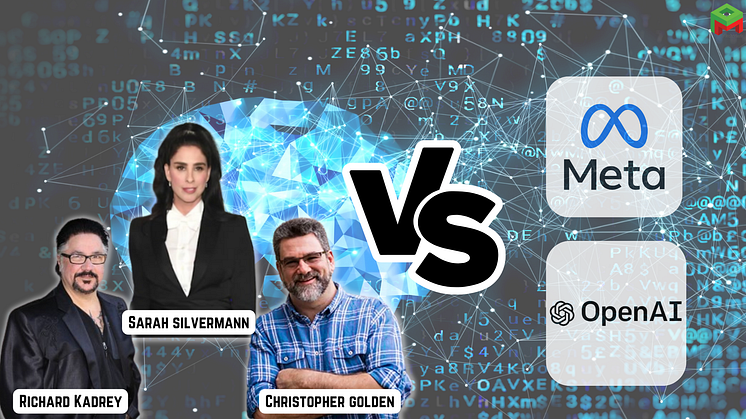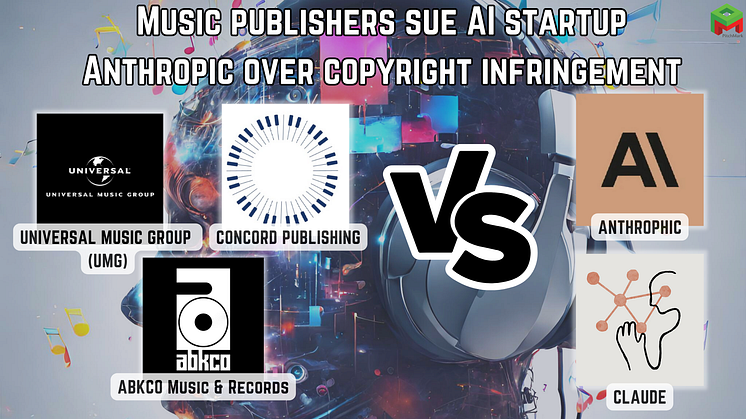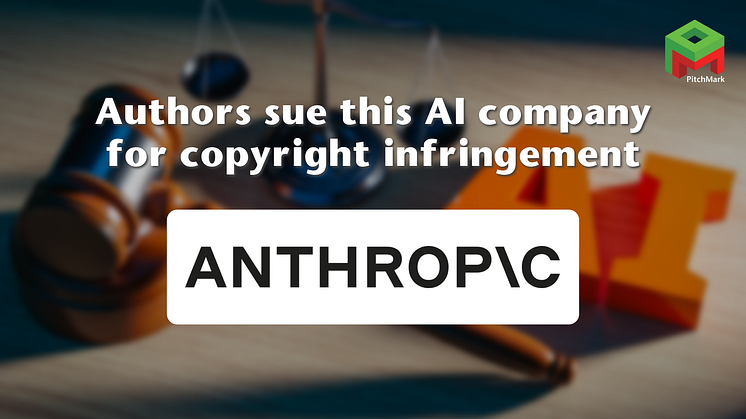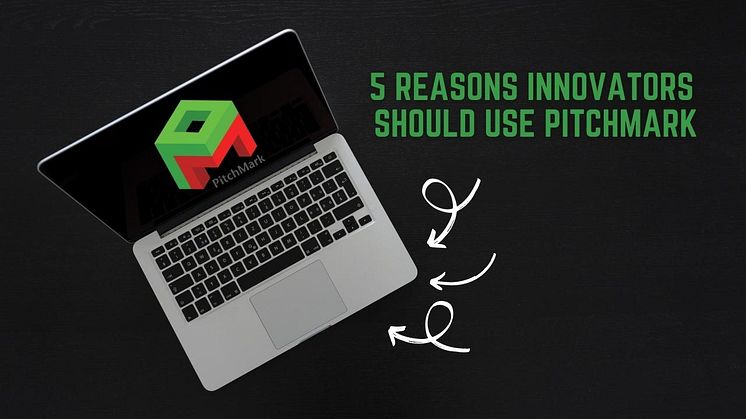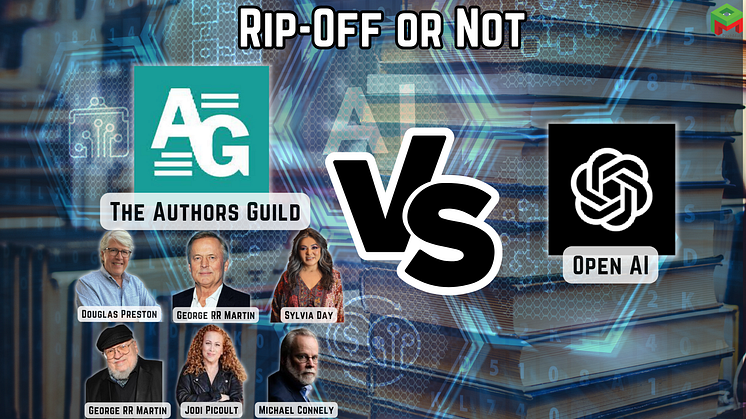
News -
John Grisham, George RR Martin and several other authors sue OpenAI for copyright violations
Several artificial intelligence platforms are facing a slew of lawsuits from writers, visual artists, and source-code writers.
Most recently, 17 authors, including John Grisham, Jodi Picoult, and George R.R. Martin, are suing OpenAI, the company behind ChatGPT, for "systematic theft on a mass scale," the latest in a wave of legal action by writers concerned that artificial intelligence programs are utilizing their intellectual property without permission.
The authors filed papers in federal district court in New York, alleging "flagrant and harmful infringements of plaintiffs' registered copyrights" and describing the ChatGPT application as a "massive commercial enterprise" relying on "systematic theft on a mass scale."
The Authors Guild, a U.S. trade group for writers, organized the suit which includes David Baldacci, Sylvia Day, Jonathan Franzen, and Elin Hilderbrand, among others as plaintiffs.
"It is imperative that we stop this theft in its tracks or we will destroy our incredible literary culture, which feeds many other creative industries in the US," Authors Guild CEO Mary Rasenberger said in a statement.
"Great books are generally written by those who spend their careers and, indeed, their lives, learning and perfecting their crafts. To preserve our literature, authors must have the ability to control if and how their works are used by generative AI.”
The lawsuit cites specific ChatGPT searches for each author, such as one for Martin, in which the program allegedly generated "an infringing, unauthorized, and detailed outline for a prequel" to "A Game of Thrones" titled "A Dawn of Direwolves" and allegedly used "the same characters from Martin's existing books in his series "A Song of Ice and Fire."
OpenAI has not yet responded to the allegations of piracy, but in a statement to the Canadian Broadcasting Corporation, said: "We respect the rights of writers and authors, and believe they should benefit from AI technology.”
"We're having productive conversations with many creators around the world, including the Authors Guild, and have been working co-operatively to understand and discuss their concerns about AI," the statement reads.
"We're optimistic we will continue to find mutually beneficial ways to work together to help people utilize new technology in a rich content ecosystem."
Last month, PitchMark wrote about comedian Sarah Silverman, along with authors Richard Kadrey and Christopher Golden, acting on behalf of unspecified other plaintiffs who sued Facebook parent Meta Platforms and ChatGPT maker OpenAI in separate class-action lawsuits for allegedly using their content without permission to “train” artificial intelligence language models, specifically chatbots.
However, OpenAI has since asked a federal judge in California to dismiss the lawsuit and said the claims “misconceive the scope of copyright, failing to take into account the limitations and exceptions (including fair use) that properly leave room for innovations like the large language models now at the forefront of artificial intelligence.”
PitchMark helps innovators deter idea theft, so that third parties that they share their idea with get the idea but don’t take it. Visit PitchMark.net and register for free as a PitchMark member today.

